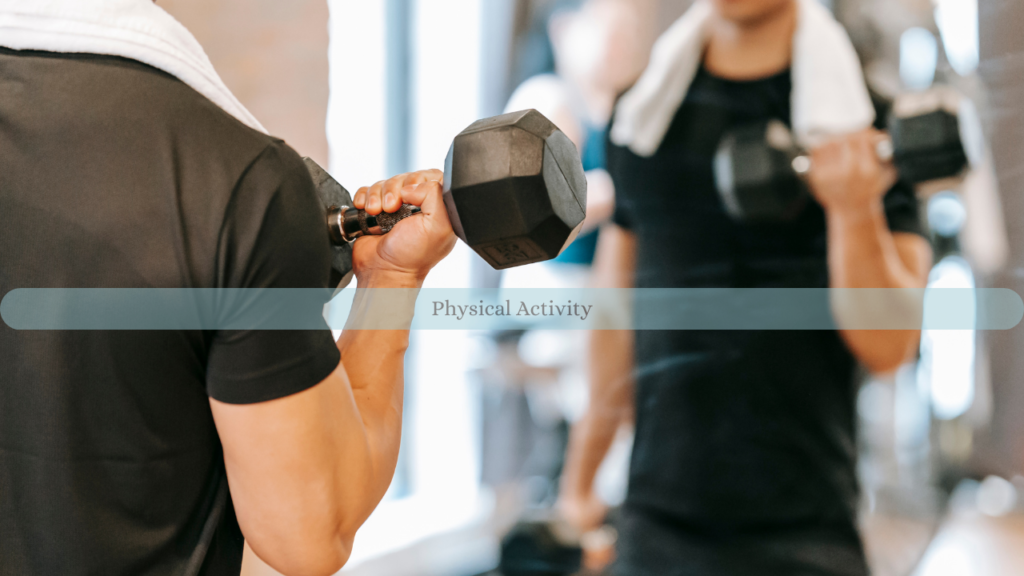
Addiction, at its core, often stems from unmet emotional needs, stress, trauma, or a desire to escape. Substance abuse provides a temporary sense of relief but leads to long-term harm. However, what if the void left by addiction could be filled with something positive, constructive, and life-affirming? This is where the role of hobbies and new passions comes in, offering a powerful alternative to substance abuse in the journey toward recovery.
The Science Behind Addiction and the Brain
Addiction alters the brain’s reward system, creating a cycle of cravings and dependence. Substances like alcohol, opioids, or stimulants flood the brain with dopamine, the “feel-good” chemical. Over time, the brain becomes desensitized to natural sources of pleasure, making it harder for individuals to feel joy or satisfaction without using substances. In recovery, this leaves a significant gap in a person’s emotional and psychological well-being.
Introducing hobbies and new interests provides a healthy way to activate the brain’s reward system without the destructive effects of substances. Activities like painting, gardening, exercising, or learning a musical instrument can stimulate dopamine production naturally, helping individuals find pleasure and purpose again. These activities can be the foundation for long-term recovery by rebuilding emotional resilience and satisfaction.
Redirecting Energy and Focus
One of the most significant challenges in recovery is the excess time and energy that was previously spent on substance use. Hobbies offer a productive way to fill that time, providing a structured and enjoyable alternative to substance cravings. Whether it’s creative arts, sports, writing, or volunteering, engaging in a hobby redirects focus and energy into something fulfilling.
For example, someone who struggles with alcohol addiction may find solace in running or hiking, using physical activity as a way to relieve stress and improve mental health. Similarly, a person recovering from opioid addiction might discover a passion for painting or photography, using creativity to process emotions and experiences that were previously numbed by drugs. The joy of learning, creating, or achieving something tangible can replace the temporary high of substances with a lasting sense of accomplishment.
Building a Supportive Community
Hobbies often come with the added benefit of community. Many activities, such as group sports, art classes, or volunteering, offer a chance to meet like-minded individuals. For someone in recovery, this can be especially important. Addiction can be isolating, and having a supportive social network is crucial to staying on the path of sobriety.
Joining a group dedicated to a shared interest provides a sense of belonging and reduces the feelings of loneliness or isolation that often trigger relapses. In these communities, individuals are not defined by their past struggles with addiction but by their shared passion for an activity, fostering positive social connections and personal growth.
Developing New Identities
Substance abuse often becomes a core part of a person’s identity. When someone spends years or even decades in the cycle of addiction, their life and self-image revolve around the substance. Hobbies provide an opportunity to explore new aspects of oneself and develop a healthier, more fulfilling identity.
As individuals in recovery master new skills or discover untapped talents, they build confidence and self-esteem. They begin to see themselves not as addicts but as artists, athletes, musicians, or creators. This shift in identity is crucial in preventing relapse, as it helps individuals break free from the shame and stigma often associated with addiction.
Conclusion
The journey from addiction to passion is not an easy one, but it is profoundly rewarding. Replacing substance abuse with hobbies allows individuals to reconnect with themselves, discover new interests, and build a fulfilling life in recovery. By investing time and energy into meaningful activities, people can not only heal their bodies and minds but also transform their lives, finding joy and purpose where there was once pain and dependence.